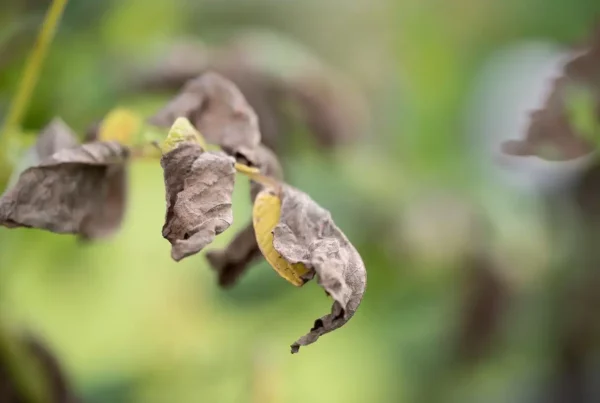In October 2015, researchers from around the world came together in Iguassu Falls, Brazil, for the Stress Resilience Symposium, organized by the Global Plant Council and the Society for Experimental Biology (SEB), to discuss the current research efforts in developing plants resistant to the changing climate. (See our blog by GPC’s Lisa Martin for more on this meeting!)
Building on the success of the meeting, the Global Plant Council team and attendees compiled a set of papers to provide a powerful call to action for stress resilience scientists around the world to come together to tackle some of the biggest challenges we will face in the future. These four papers were published in the Open Access journal Food and Energy Security alongside an editorial about the Global Plant Council.
In the editorial, the Global Plant Council team (Lisa Martin, Sarah Jose, and Ruth Bastow) introduce readers to the Global Plant Council mission, and describe the Stress Resilience initiative, the meeting, and introduce the papers that came from it.
In the first of the commentaries, Matthew Gilliham (University of Adelaide), Scott Chapman (CSIRO), Lisa Martin, Sarah Jose, and Ruth Bastow discuss ‘The case for evidence-based policy to support stress-resilient cropping systems‘, commenting on the important relationships between research and policy and how each must influence the other.
Global Plant Council President Bill Davies (Lancaster University) and CIMMYT‘s Jean-Marcel Ribaut outline the ways in which research can be translated into locally adapted agricultural best practices in their article, ‘Stress resilience in crop plants: strategic thinking to address local food production problems‘.
In the next paper, ‘Harnessing diversity from ecosystems to crops to genes‘, Vicky Buchanan-Wollaston (University of Warwick), Zoe Wilson (University of Nottingham), François Tardieu (INRA), Jim Beynon (University of Warwick), and Katherine Denby (University of York) describe the challenges that must be overcome to promote effective and efficient international research collaboration to develop new solutions and stress resilience plants to enhance food security in the future.
University of Queensland‘s Andrew Borrell and CIMMYT‘s Matthew Reynolds discuss how best to bring together researchers from different disciplines, highlighting great examples of this in their paper, ‘Integrating islands of knowledge for greater synergy and efficiency in crop research‘.
In all of these papers, the authors suggest practical short- and long-term action steps and highlight ways in which the Global Plant Council could help to bring researchers together to coordinate these changes most effectively.
Read the papers in Food and Energy Security here.






